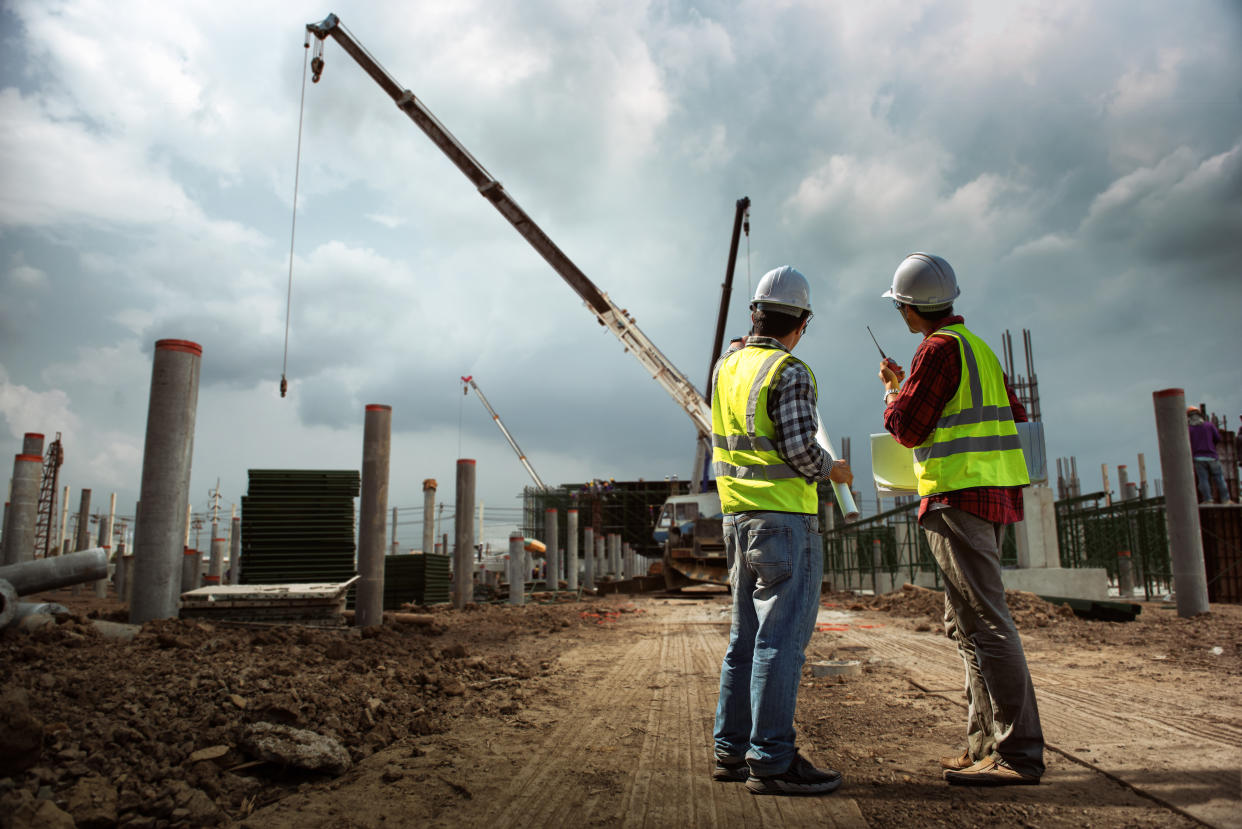Everything you need to know about UK housing right now

The UK housing market has been on a rollercoaster since the coronavirus pandemic swept the globe, with a near-total shutdown under lockdowns and support measures brought in by the UK government such as a stamp duty holiday.
Over the past week, the UK government announced a shakeup of the shared ownership scheme in England, in a drive to help more households buy their own homes, while news filtered through from estate agents and surveyors about “unaffordable” house prices across the country.
Here are the key developments from the housing market in the past week:
Shared ownership house buying scheme expanded
Plans unveiled on Tuesday will see more first-time buyers and social housing tenants able to part-buy their homes, as well as a wave of new homes, with some properties available for shared ownership.
The changes affect shared ownership in England, with different rules in Scotland, Wales, and Northern Ireland as housing policy is devolved.
Buyers have to be able to afford at least 25% of a home to be eligible for the scheme in England. The government now plans to reduce the minimum stake to 10%, as the current rules mean even part-ownership remains unaffordable for many households.
Other changes should make it easier for current part-owners to buy more of their homes, in a process known as “staircasing.”
They will be able to buy additional shares in 1% instalments, rather than 10%, and fees will be cut.
New shared owners will also see the landlord cover the cost of repairs and maintenance for the first 10 years.
House prices see biggest leap since 2016
While housing rules may be changing to make the market more accessible in some ways, prices are still rising at a clip.
Monday saw the release of new data showing UK property prices saw their biggest monthly leap since 2016.
The average property sold for £245,747 ($325,000) in August, according to a widely-followed house price index released by lender Halifax.
It marks a 1.6% increase on prices in July and 5.2% rise on a year earlier, the biggest monthly jump since late 2016. The price gains still came in below analysts' expectations however, with most expecting a 6% rise year-on-year.
Britain’s property market has seen sales and prices boom in recent months, with a surge in demand post-lockdown and a temporary stamp duty holiday driving growth.
UK property branded 'unaffordable'
The growth of the market comes in spite of the pandemic, social distancing and wider economic crisis, which has seen millions of households hit by job loss, furlough or pay cuts. Leading forecasters expect Britain’s GDP to shrink by 10% this year.
According to a survey released on Thursday by the Royal Institute of Chartered Surveyors (RICS), Britain has seen the most widespread increases in house prices in four years despite the economic downturn.
The research found a “sharp acceleration” in prices across the UK, with the exception of London where prices were reported to be mostly flat. Four-fifths of those surveyed expect continued increases in demand for homes with gardens, outdoor spaces and local green spaces over the next two years.
It marks the latest sign of the mini-boom in the property market since lockdown restrictions eased and a stamp duty holiday was announced in England and Northern Ireland.
RICS said rising prices could make getting onto the property ladder even more difficult in some areas.
A small majority of RICS members expect prices to be lower in a year’s time, however. There are “concerns over the broader economic climate” among surveyors and estate agents.
The rebound in the residential property sector comes in spite of the dire state of the wider UK economy and a wave of job losses. Leading forecasters expect Britain’s GDP to shrink by 10% this year.
Government and central bank crisis measures including low interest rates, mortgage re-payment holidays, and the furlough scheme are seen to have buttressed the market.

